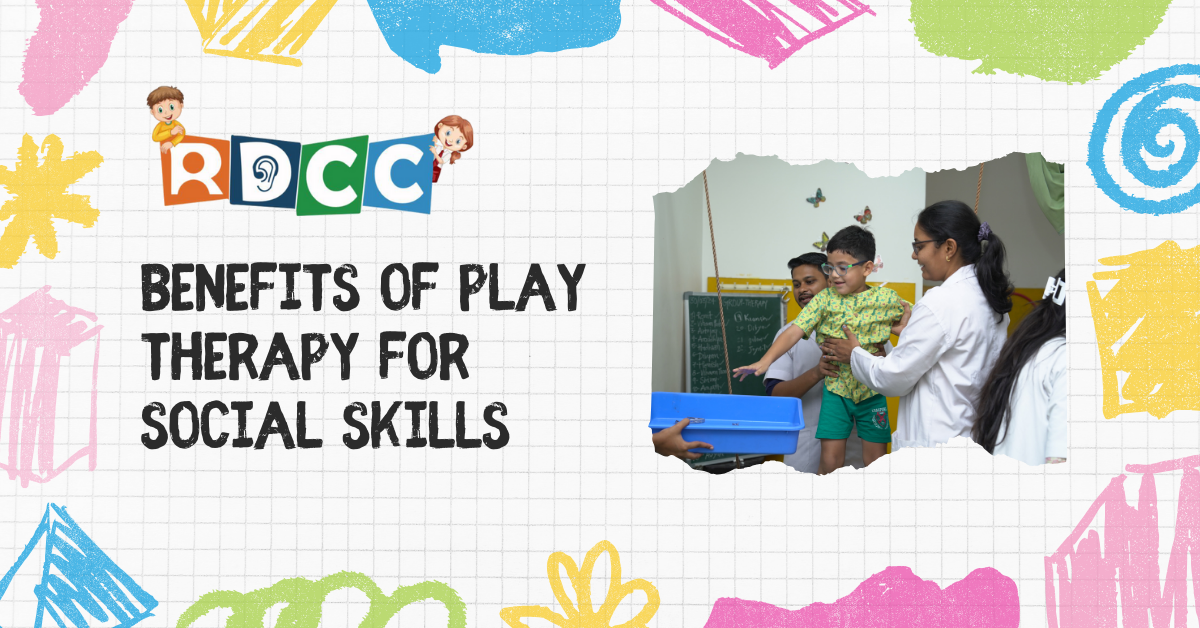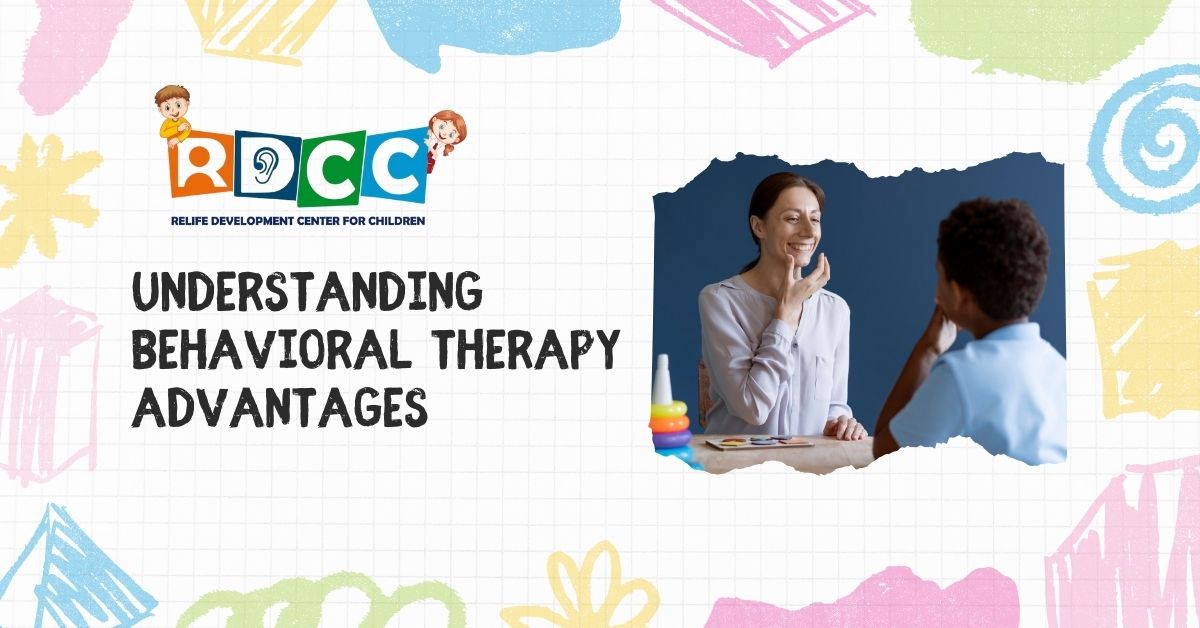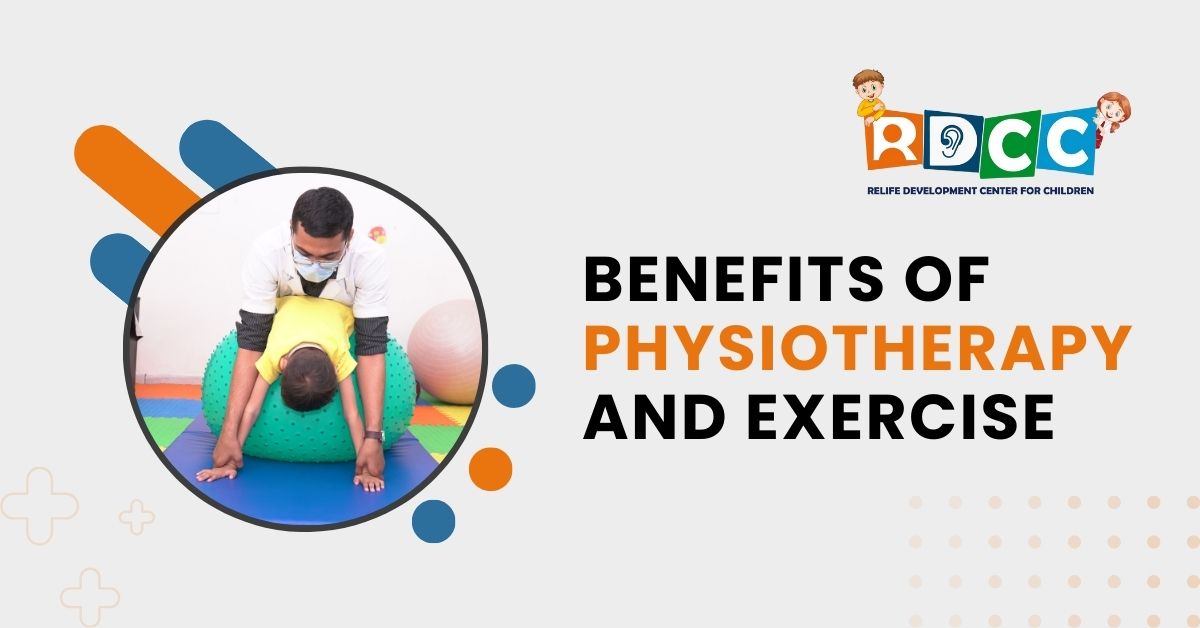
Embark on an Insightful Exploration of How Play Therapy empowers Children by enhancing their Social Skills. In this Guide, we’ll delve into the World of Play Therapy, an Innovative Approach that leverages the Joy of Play to foster crucial Social Development in Children. Let’s Explore the Principles, Techniques, and Benefits of Play Therapy, offering Valuable Insights and Actionable Tips for Parents, Educators, and Caregivers. Whether you’re Curious about the Fundamentals of Play Therapy or Seeking Effective Strategies to Support your Child’s Social Growth, you’re in the Right Place. Let’s Embark on this Enriching Journey Together, harnessing the Power of play to Nurture Confident, Empathetic, and Socially Adept Children.
What is Play Therapy?
Play Therapy is a specialized form of therapy that utilizes play to help children express their Thoughts, Feelings, and Experiences. It provides a Safe and Supportive Environment where children can Explore and process Difficult Emotions, develop Coping Strategies, and learn Essential Social and Problem-Solving Skills.
In Play Therapy Sessions, children engage in various types of Play, including Imaginative Play, Creative Arts, and Structured Games, under the guidance of a Trained Therapist. Through Play, children communicate Nonverbally, allowing them to express themselves in ways that may be challenging through Traditional Talk Therapy.
This approach is particularly beneficial for children who may have difficulty verbalizing their emotions or who struggle with traditional forms of therapy. By engaging in Play, children can work through Emotional Challenges, Build Self-Esteem, and Develop Healthier Ways of Relating to Others.
Play Therapy is tailored to meet each child’s unique needs and may be used to address a wide range of issues, including Anxiety, Depression, Trauma, Behavioral Problems, and Developmental Delays. It provides children with a safe space to Explore their Feelings, Build Resilience, and Ultimately Thrive in their Social and Emotional Development.
Importance of Social Skills in Children
Social Skills are the cornerstone of a child’s ability to navigate the complexities of the world around them. Beyond mere communication, these skills encompass a wide array of abilities, including Empathy, Cooperation, and Conflict Resolution. Children who develop strong social skills early in life are better equipped to Build Meaningful Relationships, Collaborate Effectively with Others, and Navigate Social Situations with Confidence. Moreover, these skills are fundamental for academic success, as they enable Children to Communicate their Needs, Work Well with Peers, and Engage Positively with Teachers and Authority Figures.
In Today’s Interconnected World, the importance of social skills cannot be overstated. As children grow and mature, their ability to communicate effectively and form healthy relationships becomes increasingly crucial. By prioritizing social skill development from an early age, we empower children to thrive Academically, Emotionally, and Socially. Investing in the cultivation of these skills lays the foundation for their future success and well-being, ensuring they have the tools they need to navigate the complexities of the world with confidence and resilience.
Benefits of Play Therapy for Social Skills Development
Play Therapy offers a dynamic approach to supporting children’s social skills development in a Safe and Engaging Environment. Through guided play activities, children could Explore and Practice Essential Social Skills in a manner that is both Enjoyable and Effective. Let’s Explore the Benefits of Play Therapy for Social Skills Development:
- Safe Environment: Play Therapy provides a Safe and Supportive Space for children to practice social skills without fear of judgment.
- Skill Refinement: Through guided Play activities, children learn Communication, Cooperation, Empathy, and Problem-Solving Skills.
- Creative Expression: Engaging in Play encourages Creative Expression, Aiding in the Development of Self-Awareness and Emotional Regulation.
- Non-Threatening Approach: Children can explore and address social challenges in a Fun and Non-Threatening Manner, Fostering Confidence and Resilience.
- Social Learning: Guided Play experiences help children navigate Social Cues, Understand Perspectives, and Develop Healthy Relationship Dynamics.
- Improved Interaction: Children become better equipped to interact with Peers, Form Meaningful Connections, and Build Positive Relationships.
Play Therapy Techniques for Building Social Skills
Play Therapy employs various techniques to effectively build Social Skills in Children, providing a Dynamic and Engaging Approach to Social Development. These Techniques are designed to Promote Interaction, Communication, and Cooperation while Fostering Creativity and Self-Expression. Let’s Explore Some of the Key Play Therapy Techniques for Building Social Skills:
- Role-Playing: Role-Playing activities allow children to step into different Roles and Explore Social Dynamics from various perspectives. Through Role-Play, children practice Communication, Empathy, and Problem-Solving Skills while gaining insight into Social Interactions.
- Cooperative Games: Cooperative Games promote Teamwork, Collaboration, and Social Cohesion. By working together toward a Common Goal, children learn to Communicate Effectively, Negotiate with Others, and Support their Peers, Fostering Positive Social Interactions.
- Storytelling and Puppetry: Storytelling and Puppetry provide opportunities for children to express themselves creatively and Explore Emotions Safely and Imaginatively. Through Storytelling, Children develop Language Skills, Emotional Awareness, and Empathy, enhancing their ability to connect with others on a deeper level.
- Art and Creative Expression: Art-based Activities encourage children to express themselves creatively while fostering Self-Confidence and Self-Esteem. By engaging in Art-Making, children learn to communicate their Thoughts and Feelings Nonverbally, building essential Social and Emotional Skills.
- Structured Play: Structured Play activities provide Clear Guidelines and Rules, helping children learn Social Norms, Boundaries, and Expectations. Through Structured Play, children practice Turn-Taking, Sharing, and Problem-Solving, developing essential Social Skills that are transferable to Real-World Situations.
By incorporating these Play Therapy Techniques into Sessions, Therapists can effectively support Children in building the Social Skills they need to navigate Social Interactions Confidently and Successfully.
Tips for Parents
Parents play a Crucial Role in supporting their Child’s Social Skills Development through Play Therapy. By being actively involved and Reinforcing Therapy Techniques at Home, Parents can significantly enhance the Effectiveness of Play Therapy. Here are some valuable Tips for Parents:
- Encourage Consistent Practice: Reinforce the Social Skills learned in Play Therapy by encouraging your Child to Practice them at Home. Engage in Role-Playing Activities, Cooperative Games, and Creative Storytelling to provide Opportunities for your Child to apply these Skills in Real-Life Situations.
- Create a Supportive Environment: Foster a Nurturing and Supportive Home Environment where your Child feels Safe to Express themselves and try new things. Celebrate their Successes, provide Positive Reinforcement, and offer Reassurance during Challenging Times to Boost their Confidence and Willingness to participate in Social Interactions.
- Communicate with Therapists: Maintain Open Communication with your Child’s Play Therapist to stay informed about their Progress and any Specific Techniques being Used. Collaborate with the Therapist to ensure a Cohesive Approach to your Child’s Social Skills Development and seek advice on How to Support their Growth at Home.
- Encourage Social Opportunities: Provide Opportunities for your child to Interact with Peers through Playdates, Group Activities, and Extracurricular Programs. These Social Interactions offer Valuable Practice for the Skills learned in Therapy and help your Child build Meaningful Connections and Friendships.
- Model Positive Social Behavior: Children often learn by observing their parents. Model Positive Social Behaviors, such as Effective Communication, Empathy, and Problem-Solving, in your Interactions with Others. Demonstrating these Skills in Everyday Situations helps your Child Understand and Adopt them More Easily.
- Be Patient and Understanding: Remember that developing Social Skills takes Time and Effort. Be Patient and Understanding with your Child as they Navigate New Social Situations and Work on Improving their Skills. Provide Consistent Encouragement and Avoid placing Undue Pressure on them to succeed Quickly.
Conclusion
In Conclusion, Play Therapy emerges as a Powerful Tool for Nurturing Children’s Social Skills, providing a Safe and Engaging Environment for them to Explore, Learn, and Grow. By leveraging the Joy of Play, children can develop essential Communication, Cooperation, and Empathy Skills, laying a Solid Foundation for their Social and Emotional Well-Being. As Parents, Educators, and Caregivers, embracing Play Therapy can unlock New Possibilities for Supporting Children on their Journey to becoming Confident, Empathetic, and Socially Adept Individuals.
Ready to Empower your Child’s Social Skills Development through Play Therapy? Contact Us at RDCC Healthcare, your Trusted Child Development Centre in Vadodara, to Learn More about our Play Therapy Programs. Let’s Work Together to nurture your Child’s Social and Emotional Growth, ensuring they Thrive in every Aspect of their Lives. Schedule an Appointment Today and Embark on a Transformative Journey with Us!




